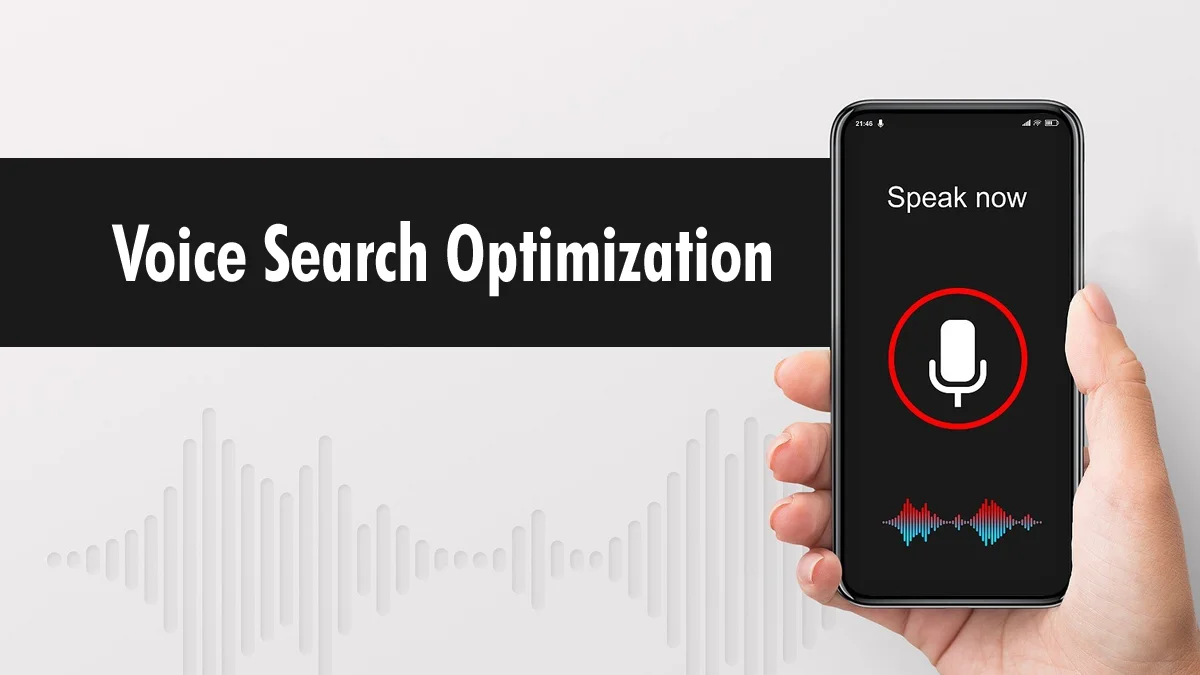Voice Search SEO: Optimizing for Natural Language Queries

As voice search continues to gain popularity, understanding how to optimize for natural language queries becomes essential for SEO success. Unlike traditional text-based searches, voice searches are conversational and often longer. This shift requires a new approach to keyword research, content creation, and SEO strategies.
What Are Natural Language Queries?
Natural language queries are questions or statements made in a conversational tone, similar to how we speak naturally. These queries are more specific and detailed than traditional keywords, reflecting the way users ask questions and seek information through voice search.
The Importance of Natural Language Processing (NLP)
Natural Language Processing (NLP) is a branch of AI that helps machines understand and interpret human language. Search engines like Google use NLP to process and respond to voice queries accurately. By understanding the nuances of language, including context, sentiment, and intent, NLP allows search engines to provide more relevant results.
Adapting Your Keyword Research
To optimize for natural language queries, you need to adapt your keyword research strategy:
- Long-Tail Keywords: Focus on long-tail keywords and phrases that mimic how people speak. For example, instead of targeting “best restaurants,” use “What are the best restaurants near me?”
- Question-Based Keywords: Identify common questions related to your niche and incorporate them into your content. Tools like AnswerThePublic and Google’s “People also ask” feature can help identify these questions.
- Conversational Phrases: Use conversational language in your content to match the tone of voice searches.
Creating Content for Voice Search
Creating content that caters to natural language queries involves several key strategies:
- Answer Questions Directly: Provide clear and concise answers to common questions within your content. Use headings and subheadings that match the questions users are asking.
- Structured Data Markup: Implement structured data (schema markup) to help search engines understand the context of your content and improve its chances of appearing in voice search results.
- Featured Snippets: Aim to rank for featured snippets, as these are often used in voice search responses. Provide concise, informative answers that address the query directly.
- FAQ Pages: Create FAQ pages that answer common questions related to your industry or niche. These pages are highly effective for capturing voice search traffic.
Local SEO and Natural Language Queries
Voice searches are frequently used for local queries, such as finding nearby businesses or services. To optimize for local voice search:
- Google My Business: Ensure your Google My Business listing is complete and up-to-date with accurate business information.
- Local Keywords: Use local keywords in your content, including city and neighborhood names.
- Reviews and Ratings: Encourage customers to leave positive reviews, as these can influence local search rankings.
Optimizing for Mobile
Voice searches are predominantly conducted on mobile devices. Ensuring your website is mobile-friendly is crucial for capturing voice search traffic:
- Responsive Design: Use a responsive design to ensure your website looks and functions well on all devices.
- Page Speed: Optimize your website for fast loading times, as slow pages can negatively impact user experience and search rankings.
- Mobile Usability: Make sure your content is easy to read and navigate on mobile devices, with clear headings and accessible links.
Measuring Success and Adjusting Strategies
Monitoring the success of your voice search optimization efforts is essential for continuous improvement:
- Analytics Tools: Use analytics tools like Google Analytics to track voice search traffic and identify patterns in user behavior.
- Voice Search Performance: Regularly review your performance in voice search results and make adjustments to your content and strategies as needed.
- User Feedback: Pay attention to user feedback and reviews to understand how well your content is meeting their needs and expectations.
Conclusion
Optimizing for natural language queries is a critical component of a successful voice search SEO strategy. By focusing on long-tail keywords, creating conversational content, and ensuring your site is mobile-friendly, you can capture valuable voice search traffic and improve your overall SEO performance.
Stay tuned for the next article in our Voice Search SEO series, where we’ll explore the role of structured data and schema markup in enhancing your voice search visibility.


Leave a Reply